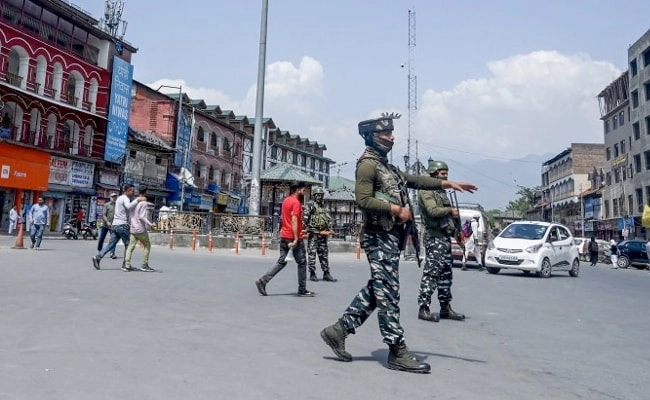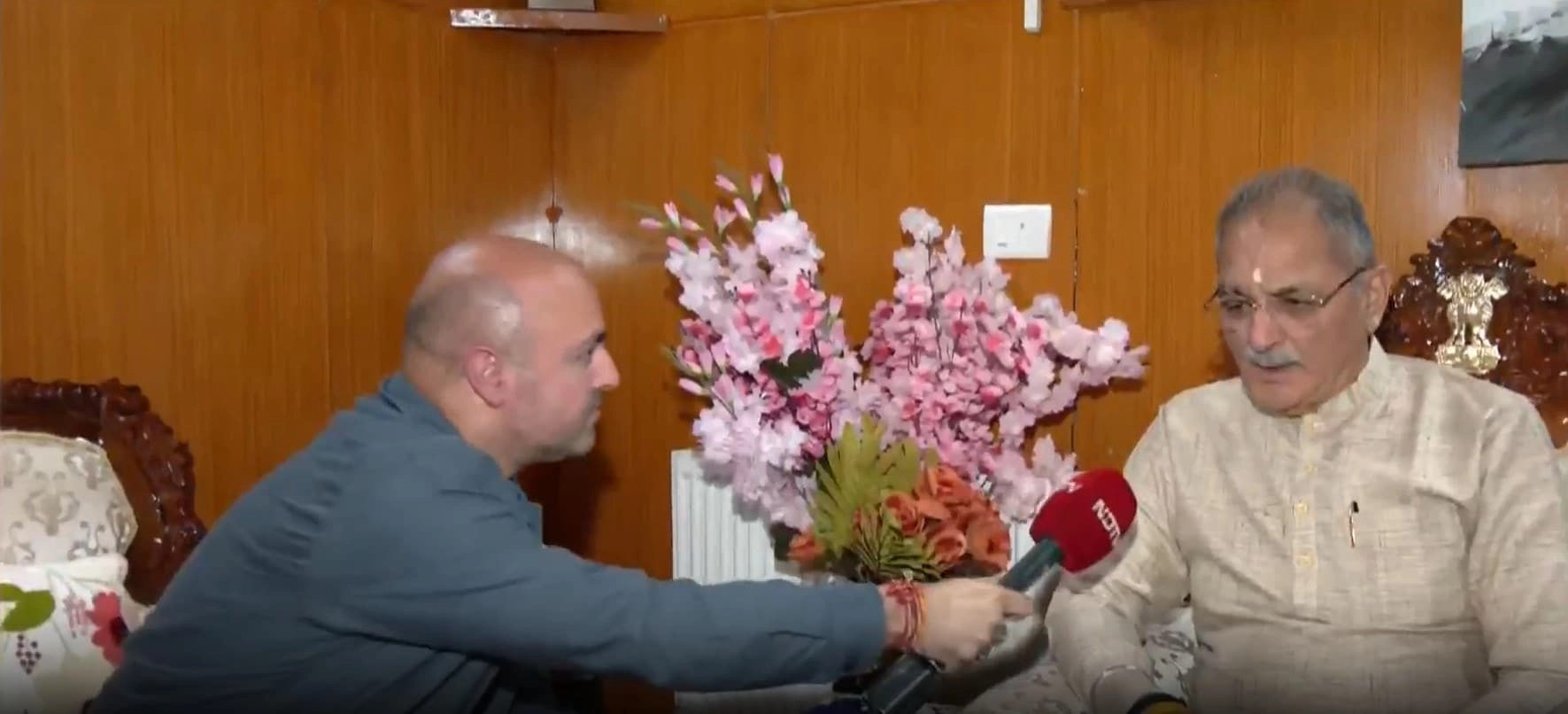In a recent ruling, the Supreme Court addressed a significant issue surrounding digital communication and individual rights by encouraging the use of the “Arratai” platform in cases involving blocked WhatsApp accounts. This case highlights the growing importance of alternative communication channels in today’s digital age, particularly when traditional platforms fail users due to technical issues or administrative restrictions. The court emphasized that individuals must have the ability to communicate effectively, especially when facing legal challenges or seeking to access justice.
The Supreme Court’s decision reflects a broader understanding of how technology impacts the legal landscape. With the prevalence of messaging apps like WhatsApp, many users rely on these platforms for personal and professional communication. When an account is blocked, it can hinder an individual’s ability to connect with legal representatives, submit important documents, or even participate in court proceedings. By suggesting the use of Arratai, the court is not only providing a practical solution but is also acknowledging the need for adaptability in the face of evolving communication technologies.
Moreover, this ruling raises questions about the responsibilities of service providers regarding user access and the implications of account restrictions. The court’s intervention signifies a commitment to safeguarding users’ rights and ensuring that access to justice is not compromised by technicalities related to communication tools. As digital interactions become increasingly intertwined with legal processes, the importance of having reliable and accessible alternatives like Arratai will likely grow, ensuring that individuals can maintain their ability to communicate and engage with the legal system effectively.
In conclusion, the Supreme Court’s endorsement of Arratai in cases of blocked WhatsApp accounts marks a pivotal moment in recognizing the intersection of technology and law. This ruling not only provides immediate relief for individuals facing communication barriers but also sets a precedent for future cases where access to digital platforms is essential for the pursuit of justice. As society continues to navigate the complexities of digital communication, it is crucial for the legal system to adapt and prioritize the rights of individuals in an increasingly connected world.




